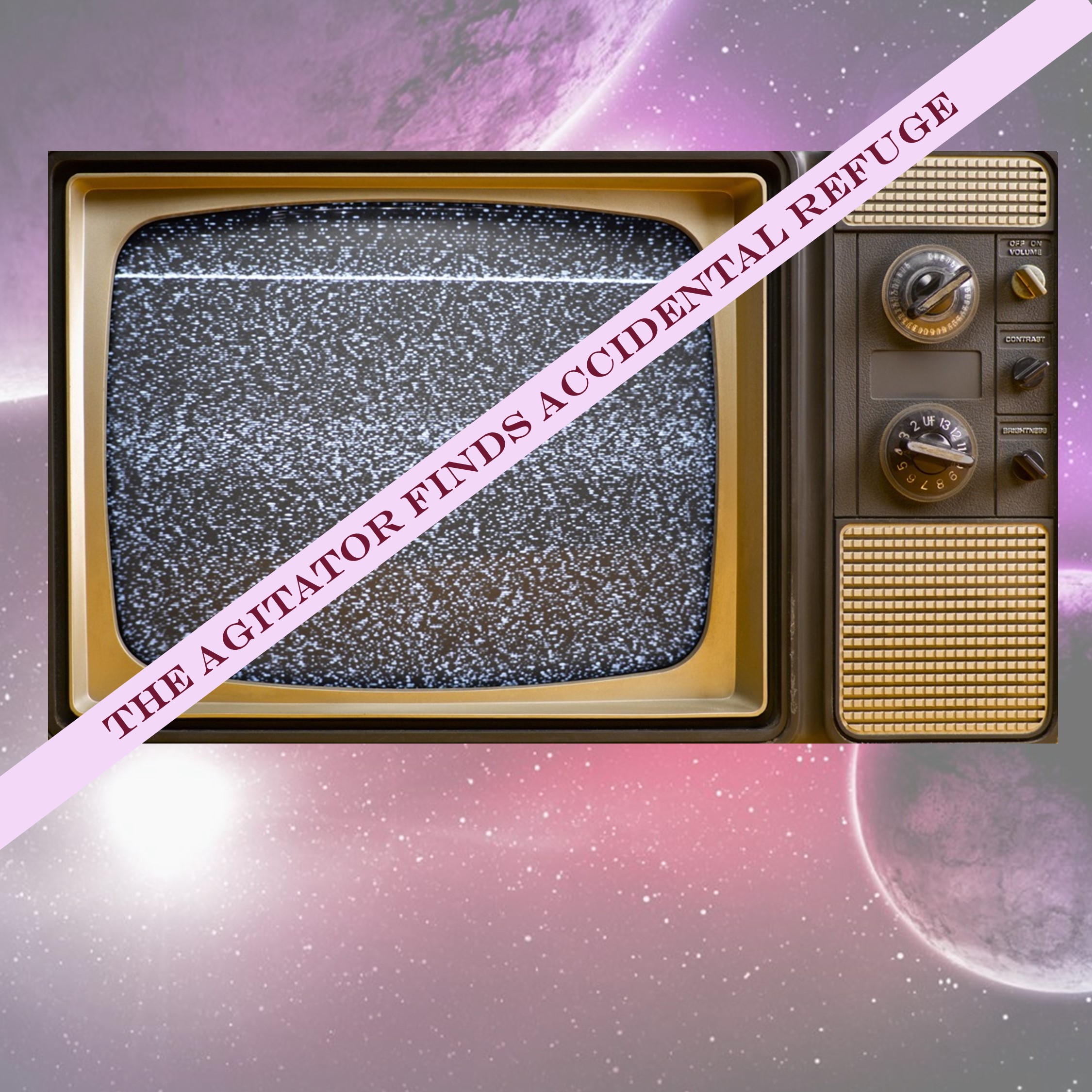Barbara Crooker
The Last Time We Had Sex
The last time we had sex, we didn't know it.
We thought we could go on, an endless repetition.
Who could foresee disaster just about to hit?
You loved my body, weren't afraid to show it,
and I loved yours, in all its imperfection.
The last time we made love, we didn't know it.
Old marrieds, we knew how to fit
Tab A, Slot B, the necessary friction.
We didn't see disaster just about to hit.
You made me hotter than a match lit
to turn kindling into conflagration
the last time we had sex and didn't know it.
Sometimes things didn't work, so it
became a teenage make-out session.
Disaster coming, just about to hit.
What would I give to rewind the tape a bit,
to see once more your warm expression.
The last time we had sex we didn't know it,
but who could foresee disaster's fatal hit?
Les Amoureux en Bleu
Marc Chagall, 1919, oil on paper
In Chagall's painting, lovers kiss
their lips pressed tight, their faces: bliss
This skin to skin is what I miss
The palette: just one shade of blue
or monochrome, no other hue
though thin black lines demark the two
This scene is one of tenderness
her fine mesh gloves, her checkered dress
It lasts forever, this caress
And now, although our love was true
my life is colored azure, too
because of what is missing: you
|
|
 |
 |
| AUTHOR BIO |
| Barbara Crooker is author of twelve chapbooks and nine full-length books of poetry. Some Glad Morning, Pitt Poetry Series, University of Pittsburgh Poetry Press, longlisted for the Julie Suk award from Jacar Press, is her latest. Her previous collection, The Book of Kells, won the Best Poetry Book of 2019 Award from Poetry by the Sea. Her other awards include: Grammy Spoken Word Finalist, the WB Yeats Society of New York Award, the Thomas Merton Poetry of the Sacred Award, and three Pennsylvania Council fellowships in literature. Her work appears in a wide variety of literary journals and anthologies, including: Common Wealth: Contemporary Poets on Pennsylvania, and The Bedford Introduction to Literature. She has been the recipient of residencies at the Virginia Center for the Creative Arts, the Moulin à Nef in Auvillar, France, and The Tyrone Guthrie Centre, in Annamaghkerrig, Co. Monaghan, Ireland. |
|
| POETRY CONTRIBUTORS |
 Jane Blanchard Jane Blanchard
 Barbara Lydecker Crane Barbara Lydecker Crane
 Mary Cresswell Mary Cresswell
 Barbara Crooker Barbara Crooker
 Sarah-Jane Crowson Sarah-Jane Crowson
 Claudia Gary Claudia Gary
 Julia Griffin Julia Griffin
 Mia Schilling Grogan Mia Schilling Grogan
 Kathryn Jacobs Kathryn Jacobs
 Jen Karetnick Jen Karetnick
 Jean L. Kreiling Jean L. Kreiling
 Jenna Le Jenna Le
 Kathleen McClung Kathleen McClung
 Diane Lee Moomey Diane Lee Moomey
 Leslie Schultz Leslie Schultz
 Natalie Staples Natalie Staples
 Kathrine Varnes Kathrine Varnes
 Joyce Wilson Joyce Wilson
 Marly Youmans Marly Youmans
|
|
|
|
 |
| Maureen Alsop:I often create visual art as a memorialization to the closure of a written work. However, many of these visual pieces arrived as a trajectory while writing a larger 'work-in-progress.' The text within the visual poems do not speak to the content of the larger work but are autonomous, acting as bridge between the written and visual bodies. The original text draws upon ghosts in the hall of battles. It is a glittering solar analemma, an unattested revolution, an infinity reflected in ellipses, omissions, and disintegration. A full collection representing many of these images came to fruition recently in Tender to Empress (Wet Cement Press). Yet the act of creating from text continues, as the digital collages here also include newer works based on miscellaneous notes, old emails, and most recently a short story, "The Unnamed Woman of Mary River" (forthcoming at South Dakota Review). The title to these are based on cargo ships which I pass on my daily commute from island to mainland. These small cities of people, afloat for weeks on end out at sea, are a looming story that embarks and disembarks in my imagination.
The visual poems are crafted under the mechanics of "Écriture Féminine," literally "women's writing." These principals advance a feminine perspective. I write from parallels, cyclical slips through stream of conscious and fragmentary processes. The writing exists as rough erotic. As talisman. Interpersonal in their ruptures and syntax, soft in their discomforts; a splintered narrative. Through writing, I can go anywhere and never be found.
|
|
|
|
|
|
 |
|
 |
|
|
|
|
